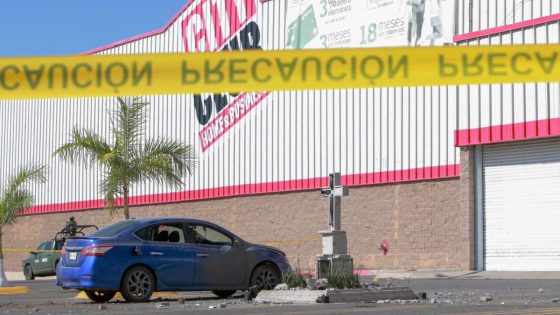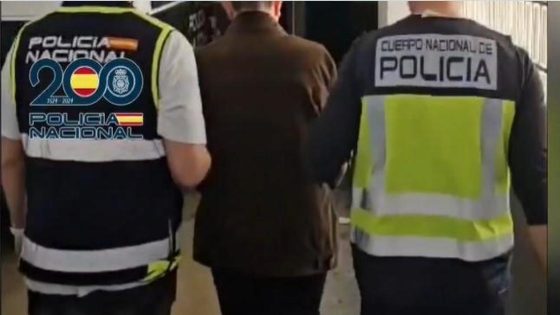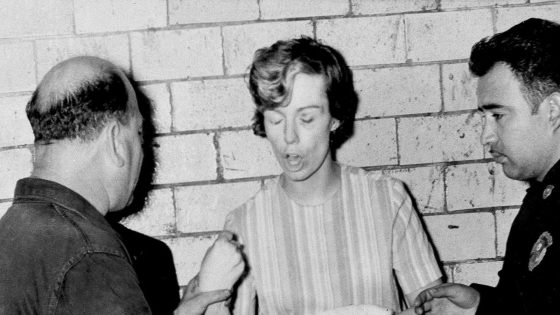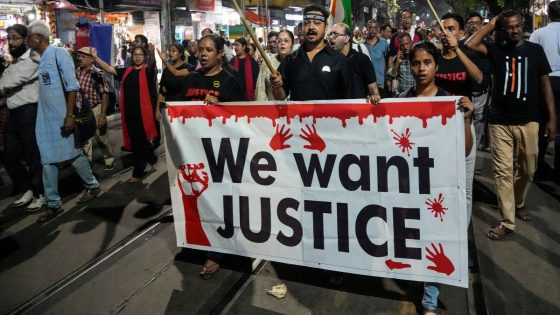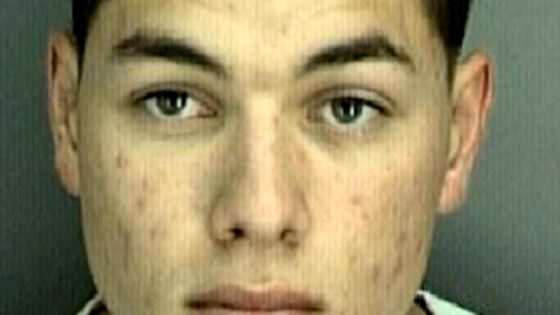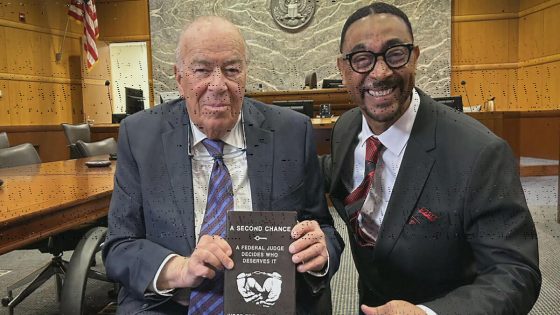Thousands took to the streets of Culiacan, Sinaloa, on Thursday, January 23, to voice their anger and grief over the tragic killings of two young brothers, Gael and Alexander Sarmiento, ages 12 and 9. Their deaths, the result of a violent carjacking that shattered the peace of this northwest Mexican city, have ignited outrage across a community already plagued by cartel violence.
- Thousands protested children's killings in Sinaloa
- Mothers, children demand end to cartel violence
- Public anger directed at Governor Rubén Rocha
- Brothers killed during attempted carjacking
- Continued cartel violence affects Culiacan residents
- Explosion damages memorial for Edgar Guzman Lopez
The boys and their father were ambushed on a fateful Sunday evening when armed assailants attempted to steal their vehicle. In the chaos, both children were shot fatally, and their father was left critically injured. State authorities noted that tinted windows on the vehicle might have contributed to the deadly misidentification, although the full circumstances remain under investigation.
Witnesses at Thursday’s protest recalled the heart-wrenching sight of mothers and children, many clad in school uniforms, marching arm in arm, waving banners with poignant slogans like “I want to live, not survive.” This demonstration, organized by the elementary school of the younger brother, transformed into a moving display of collective grief and a clarion call against the rampant violence that has gripped Culiacan for far too long.
Culiacan has been caught in a fierce rivalry between cartel factions seeking control over the lucrative drug trade, especially since the U.S. arrests last year of key figures, including Ismael “El Mayo” Zambada. “We understand people’s outrage,” stated state spokesman Feliciano Castro, echoing sentiments felt by many as federal authorities pledged to investigate the brutal killings. However, the question remains: how much longer can the government stand idle amid such continuous bloodshed?
Adding to the turmoil, an explosion rocked a supermarket parking lot earlier that same day, damaging a memorial for Edgar Guzman Lopez, the son of the notorious drug lord “El Chapo,” who was killed in 2008. A bullet-ridden car was discovered nearby, a chilling reminder of the cartel’s grip on the city. The violence has reached a crescendo, with hundreds either dead or missing, as reported by the state prosecutor’s office. The ongoing conflict between the “Mayos” and “Chapitos” factions has resulted in gruesome tactics, with allegations of torture including unimaginable cruelty, such as victims being fed to tigers.
As the cries for justice grow louder, families have started to unite, spurred on by the tragic deaths of the Sarmiento boys. Estefanía López, representing a local peace collective, commented on the extraordinary emotional weight of this protest: “It took on a life of its own. I think a lot of people woke up. The disgust… has been such that today the people came out.”
In this heavily cartelled landscape, while parents walk their children to school, the specter of fear looms large. Mothers and fathers alike are left questioning the safety of their daily lives, longing for a semblance of normalcy, even as new reports of violence emerge. The government’s response to the escalating crisis has become a critical focal point, particularly for President Claudia Sheinbaum, who faces the challenge not just of asserting control over the lawlessness but also of addressing external pressures—particularly from the U.S. in combating the smuggling of fentanyl, a synthetic opioid that has devastated communities on both sides of the border.
The community’s insistence on justice for the slain siblings serves as a potent reminder of the human cost of cartel wars. The Sarmiento family joins a long list of victims in this relentless cycle of violence, and as investigations unfold, the people of Culiacan and beyond hold their breath for change. In the wake of tragedy, this protest could be the tipping point, a moment where voices—once silenced by fear—are now heard, demanding a shift in the narrative from despair to hope for a peaceful future.



